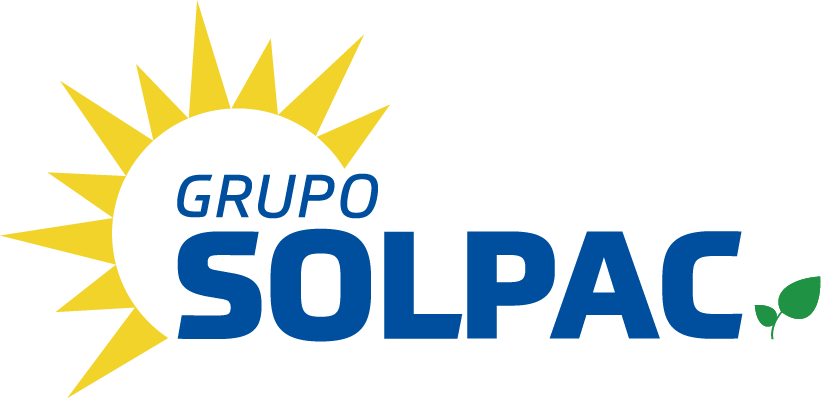Intro to probiotics benefits:
In the ever-evolving landscape of knowledge, it becomes imperative to distinguish among genuine scientific endeavors together with pseudoscientific claims. The border between science and pseudoscience are not always clear-cut, frequently creating confusion among the average man or woman. This article aims to shed light on often the nuances that differentiate the two main, providing a comprehensive understanding of how to discern credible scientific investigation from dubious pseudoscientific dire.
I. The Scientific Method:
At the heart of legitimate methodical inquiry lies the clinical method. This systematic solution involves making observations, being created hypotheses, conducting experiments, plus analyzing results. Scientific investigations are subject to rigorous fellow review and must be replicable by independent researchers. This technique ensures that scientific knowledge was made on a foundation of evidence and is particularly open to scrutiny.
II. Falsifiability and Testability:
One property of true scientific statements is their falsifiability along with testability. Scientific theories as well as hypotheses must be framed in a manner that allows for the possibility of being proven false through experimentation or possibly observation. Pseudoscientific claims, then again, often lack this critical element, as they may make use of unfalsifiable assertions or stay away from empirical testing.
III. Peer Review:
The scientific locality operates on a principle for collective scrutiny. Rigorous expert review is an essential help validating scientific research. Professionals in the field evaluate the methods, results, and conclusions to a study before it is recognized for publication. In contrast, pseudoscientific claims typically lack often the scrutiny of impartial analysts, raising concerns about the excellence of the information.
IV. Reproducibility Crisis:
One of the challenges going through contemporary science is the reproducibility crisis. Some studies, no matter if published in reputable online journals, face difficulties when different researchers attempt to replicate their particular findings. While this issue illustrates the need for continuous improvement for scientific practices, it also highlights the importance of distinguishing between cut off instances of scientific challenges and then the systematic lack of replicability quality of pseudoscience.
V. Opinion in the Scientific Community:
Controlled consensus is a powerful signal of the reliability of a provided with theory or claim. Once the majority of experts in a arena support a particular idea determined a robust body of evidence, this carries significant weight. Pseudoscientific claims often lack extensive acceptance within the scientific locality, as they may be based on anecdotal evidence or flawed understanding of data.
VI. Logical Myths in Pseudoscience:
Pseudoscientific remarks often rely on logical misconceptions to appear persuasive. These occasionally includes appeals to authority, anecdotal proof, or cherry-picking data to a preconceived conclusion. Taking note of these fallacies is crucial regarding differentiating between sound methodical reasoning and pseudoscientific unsupported claims.
VII. Critical Thinking in the form of Defense:
Empowering individuals with important thinking skills is a main defense against falling animals to pseudoscientific misinformation. Inviting the public to question solutions, evaluate evidence, and find multiple perspectives fosters a new society that is resilient with the allure of pseudoscience.
In sum:
Demystifying the line between scientific discipline and pseudoscience requires a nuanced understanding of the scientific process, peer review, falsifiability, and also logical reasoning. By encouraging a culture that values critical thinking and technological literacy, we can collectively play a role in a world where evidence-based know-how triumphs over pseudoscientific supposition. In doing so , we encourage the foundations of authentic scientific progress, ensuring that the pursuit of knowledge stands solid against the tides of untruths.
